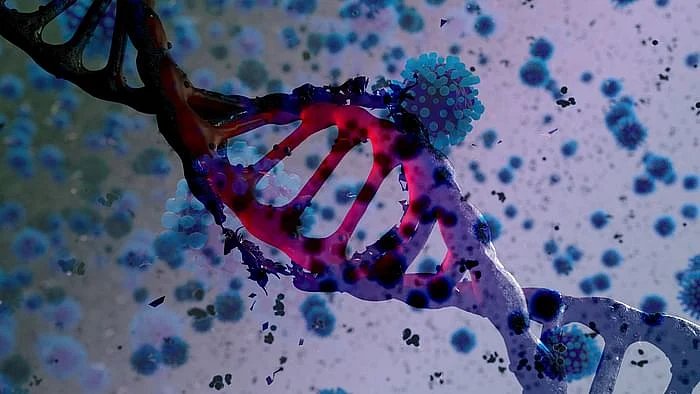UK Elevates Indian Variant of COVID-19 to ‘Variant of Concern’
Reacting to this, PM Boris Johnson said the UK government needs to carefully handle the outbreak of the variant.

advertisement
Public Health England (PHE) has said that one version of the Indian variant of COVID-19 has been elevated to a “variant of concern.”
The B.1.617.2 of the ‘Indian variant’ is observed to be spreading more expeditiously than the other two identified subtypes, and as per scientists, it is at least as transmissible as the variant detected in Kent last year.
According a report by the BBC, Johnson said that the administration needs to think "very carefully" about its public health response.
‘Variant of Concern’
PHE said that the variant would be categorised as one “of concern” over the evidence that it was more transmissible, reported Reuters. However, it said that there is "insufficient evidence" to establish if the variant causes more severe infections.
"There is currently insufficient evidence to indicate that any of the variants recently detected in India cause more severe disease or render the vaccines currently deployed any less effective," PHE said in a statement.
Scientists are now carrying out laboratory testing to better understand the impact of the mutations on the behaviour of the virus.
The Indian Variant
The ‘India variant’, officially labelled as B.1.617, was first detected in October.
For over two weeks now, India has been reporting more than 3 lakh new infections every day.
The Indian government found mutations in 15-20 percent of cases from Maharashtra in March but did not link them to the wave at the time.
The prevalence of this variant is now more than 60 percent in cities like Mumbai, reported Bloomberg, quoting Anurag Agarwal, Director of the state-run Council of Scientific and Industrial Research’s genomics institute.
Effect of Variant in UK
In the last week, COVID-19 infections increased from 202 to 520, with most detected in London and the North West of England.
Speaking to BBC, a source said that in one cluster at a care home, 14 elderly residents who had all been vaccinated, were infected with the variant. While some needed hospital treatment, all recovered from the virus. The Guardian reported that 48 clusters of B.1.617.2 had been identified.
All vaccines currently being administered offer a degree of protection against COVID variants, but can’t stop all infections, especially in vulnerable groups.